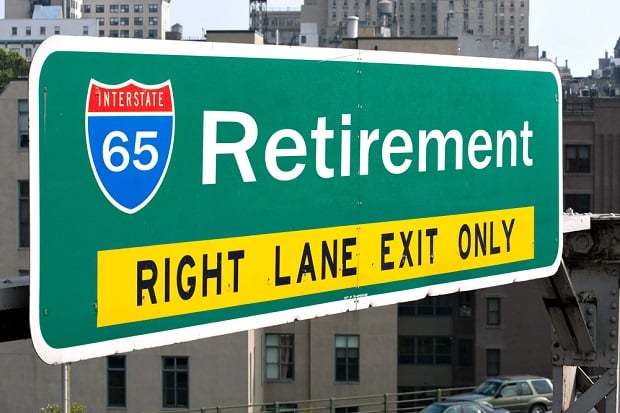

A person's choice of when to retire is a singularly important financial decision, and the timing frequently is off, according to research from Morningstar.
In a new paper, Morningstar's head of retirement research, David Blanchett, suggests that people tend to retire earlier than they had expected, and because of this uncertainty should be saving more if they plan to retire after age 65.
Citing a Gallup survey, Blanchett notes that people on average people retire about four years earlier than expected. About 48% of people retire earlier than expected, based on a report from the Employee Benefit Research Institute.
Blanchett sought to understand what factors might predict who would miss his or her retirement target by analyzing decisions made by retirees over 12 survey years from the University of Michigan's Health and Retirement Study.
Factors including gender, marital status, education, job stress level and health problems did not predict early retirement.
He found that expected and actual retirement ages aligned around age 61, with those expecting to retire after 61 tending to do so before then, and those expecting to retire before the age of 61 actually retiring later.
The biggest gap was for those expecting to retire after age 61, where the difference was about a half a year for each year past age 61. For example, someone who planned to retire at 69 was likelier to do so at 65.



